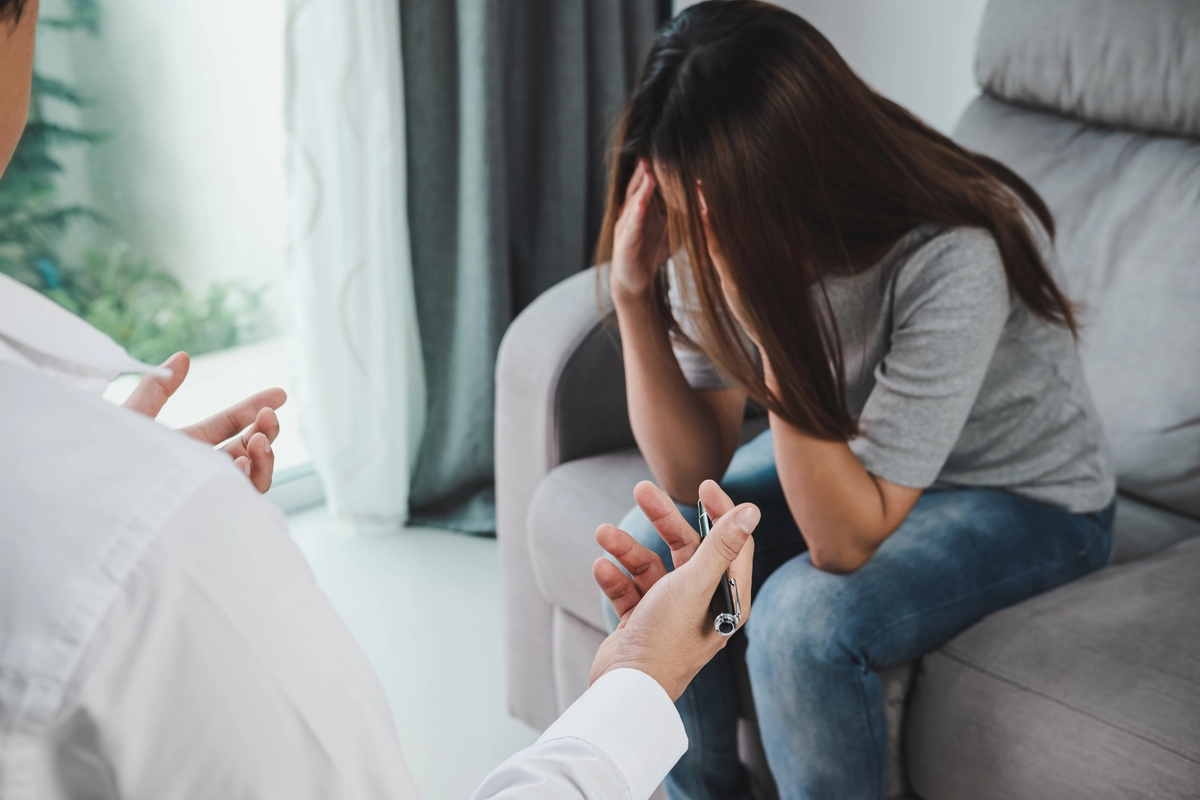24/7 Helpline:
(866) 899-221924/7 Helpline:
(866) 899-2219
Learn more about Anxiety Treatment centers in Columbia County
Anxiety Treatment in Other Counties

Other Insurance Options

Oxford

American Behavioral

EmblemHealth

UMR

AllWell

Anthem

MVP Healthcare

Holman Group

Medical Mutual of Ohio

Covered California

Horizon Healthcare Service

UnitedHealth Group

Providence

Ceridian

Health Net

Sliding scale payment assistance

Private insurance

CareSource

Multiplan

Aetna




































































































Columbia Community Mental Health
Columbia Community Mental Health provides behavioral health services in an outpatient setting for ch...

Columbia Community Mental Health
Columbia Community Mental Health provides behavioral health services in an outpatient setting for ch...

Columbia Community Mental Health
Columbia Community Mental Health provides behavioral health services in an outpatient setting for ch...























